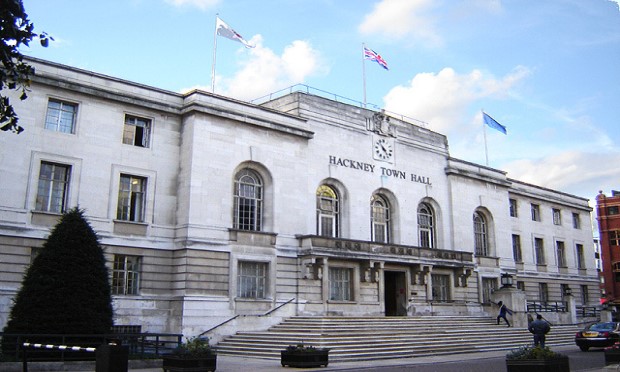Town Hall publishes action plan to improve children’s services following Ofsted criticism

The Town Hall has published an action plan for its children’s services following an Ofsted report which found that the department required improvement across a range of different measures.
The council has said that it aspires to take its services back to a ‘good’ ranking within one year, with a view to being judged ‘outstanding’ by its next inspection, while accepting that many of the timeframes for delivery of its goals will have been impacted by the pandemic.
Ofsted found in November 2019 that a slip in quality of practice for the borough’s vulnerable children had improved “from the low base identified” by a focused visit earlier in the year, but remained “too variable”, singling out services for disabled children, privately fostered children and children missing education as in particular need of attention .
The November inspection characterised practice for at-risk children as “not yet consistently good”, identifying a “small number of children liv[ing] in neglectful circumstances for too long”.
Introducing the plan, Hackney Mayor Philip Glanville and education lead Deputy Mayor Anntoinette Bramble said in a joint statement: “We have worked with our staff and partners to produce an action plan to bring about quick and sustainable improvements. We have held a number of workshops, invited written feedback and received valuable input from staff on the frontline that has shaped this plan.
“The action plan is a shared commitment across all partners, and sets out the actions that we are taking to address not just the findings in the Ofsted inspection report, but to go further to reach outstanding and ensure that these services deliver for the most at risk in the borough.
“The political leadership of the council is continuing to shape and lead this work, overseeing and reflecting on what we as a council do well and where we need to improve; ensuring that the most vulnerable in the borough are at the heart of everything that we do.
“There is also a firm focus on equalities and disabilities throughout this plan, with an even deeper commitment to improve services and outcomes for families and disabled young people.”
The full inspection is said to have sparked a “determined” response from the council’s political leaders to solve the problems identified, with the council told by Ofsted to better consider the views of the children themselves, with the opinions of young people about what is getting better or worse in their day-to-day family lives not “routinely inform[ing] key decision-making or planning”.
According to council documents, a draft protocol has now been developed to make sure that all decisions are attuned to a child’s individual needs and informed by key information about the child and the circumstances of their family, with an associated aim to enhance children’s participation in creating their own plans.
A new policy on private fostering was also developed at the beginning of the year with the aim of promoting “consistently high quality practice” in safeguarding children in private fostering arrangements, with all open cases reviewed to ensure children’s safety and wellbeing, and the ability of their current carers to meet their needs.
The report contained positive commentary over steps taken to improve services by senior leaders since February 2019, as well as recognition that management has become “increasingly child-focused” since that time, noting that the “majority of children in need make good progress”.
The council is now putting in place a new process for risk assessment to ensure that the system reflects cumulative harm to a child and looks at “all strengths, risks and protective factors”.
The Ofsted inspector also noted that while children with complex needs are “provided with a range of support by a flexible service”, the backlog of care packages is “significant”, with families being placed under stress with the amount of time the children are being forced to spend at home while they await access to suitable education.
The action plan has the council focusing on upskilling staff in the Disabled Children’s Service with specialist training, with the service said to have “worked hard” during lockdown to respond to the needs of disabled children and their families, at a time in which the education of many was disrupted amid concerns over health needs for children.
The effectiveness of leadership in children’s services was also said by the watchdog to have “declined” since 2016, with improvements envisaged by the administration to “the effectiveness and management oversight for leadership at all levels”.
Glanville and Bramble added: “We have already made significant progress in improving some of the areas of practice identified as requiring attention by Ofsted, including strengthening oversight and processes in relation to children living in private fostering arrangements, improving the effectiveness of pre-proceedings work, and working with partner agencies to agree clear expectations in relation to strategy discussions.
“The action plan outlines how we are addressing all areas for development identified in the Ofsted report. In doing so we continue to build on the considerable areas of strength and good practice that were also identified by Ofsted to ensure that practice is consistently good across all areas of the service.”
